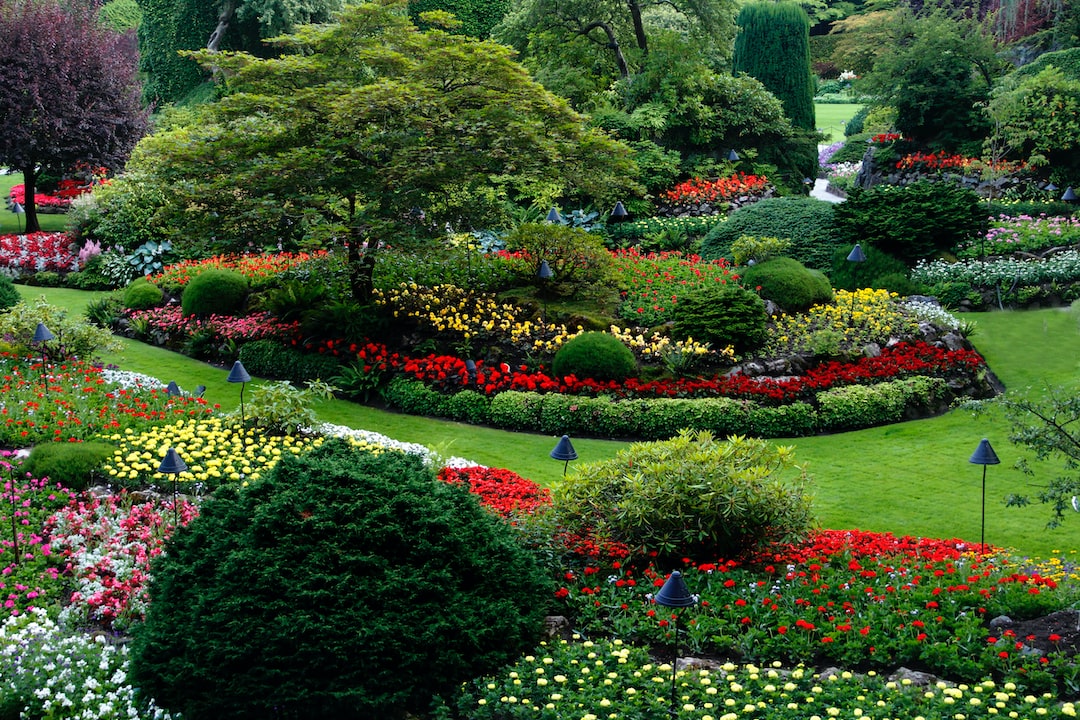The Art of Composting: Turning Waste into Nutrient-Rich Soil
In a world where waste management is becoming an increasingly pressing issue, composting has become a vital solution for reducing landfill waste and creating nutrient-rich soil for gardening. Composting is the process of converting organic waste into a dark, crumbly substance that can be used as a natural fertilizer. Not only does composting reduce our environmental footprint, but it also benefits our gardens and plants. Let’s explore the art of composting and discover how you can turn your waste into a valuable resource.
Composting is not a recent trend; it has been practiced for centuries. Historically, farmers would pile up organic waste such as food scraps, leaves, and animal manure, allowing it to decompose slowly over time. This process resulted in a nutrient-rich substance that was then used to fertilize crops. Today, composting can be done in a variety of ways, from traditional methods to modern techniques.
To start composting, you’ll need a compost bin or container. This can be as simple as a pile in your backyard or a specially designed bin with aeration holes that help speed up the process. The key is to ensure proper air circulation and moisture levels within the compost. Ideally, a ratio of three parts carbon-rich materials (like dried leaves, straw, or shredded paper) to one part nitrogen-rich materials (such as food scraps, grass clippings, or coffee grounds) should be maintained.
The composting process relies on microorganisms, like bacteria and fungi, to break down the organic matter. These microorganisms need oxygen, water, and the right balance of carbon and nitrogen to thrive. Turning the compost regularly helps incorporate oxygen into the mixture, stimulating the decomposition process. Additionally, keeping the compost moist, but not overly wet, creates an environment that encourages microbial activity.
As the organic matter decomposes, the temperature inside the compost pile will rise. This heat is the result of the microorganisms working hard to break down the waste. Over time, the pile will cool off, indicating that the decomposition process is complete. At this point, your compost should have transformed into a dark, earthy substance with a pleasant, earthy smell.
Compost is often referred to as “black gold” because of its incredible benefits for plants and soil. When added to the garden, compost improves soil structure and drainage, enhances water retention, and helps suppress diseases. It also enhances microbial activity, promoting a healthy soil ecosystem. Additionally, compost reduces the need for synthetic fertilizers, which can have harmful environmental impacts.
Composting can be done on various scales, from small home setups to large-scale industrial operations. Many cities and municipalities have implemented composting programs to divert organic waste from landfills. These programs collect food scraps and yard waste, which are then processed into high-quality compost by dedicated facilities. This compost is then made available to residents and farmers, closing the loop on waste management.
If you’re interested in composting but lack the space or time, there are alternative options available. Vermicomposting, for example, involves the use of worms to break down food scraps in a contained environment. The worms consume the waste and produce nutrient-rich castings, which can be used as a fertilizer. This method is particularly suitable for urban dwellers or those with limited outdoor space.
In conclusion, composting is not only a responsible waste management practice but also an art that can transform waste into nutrient-rich soil. By embracing the art of composting, we can reduce our environmental impact while reaping the benefits of healthier plants and gardens. So, let’s join this eco-friendly movement and learn to turn our waste into “black gold”!

